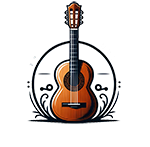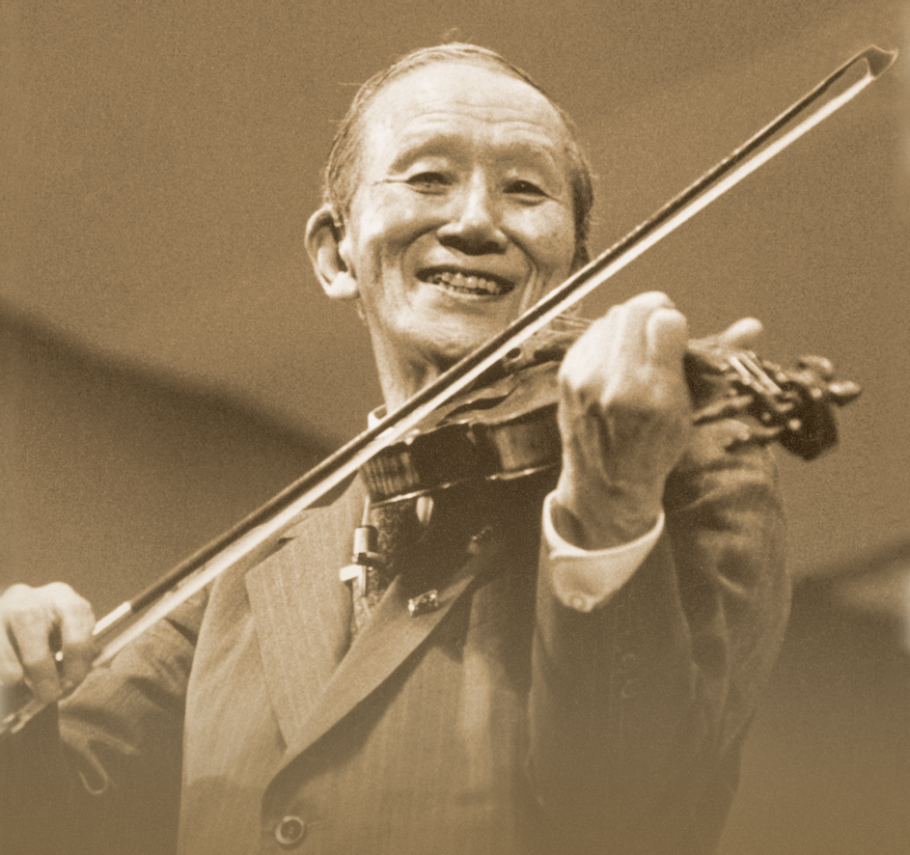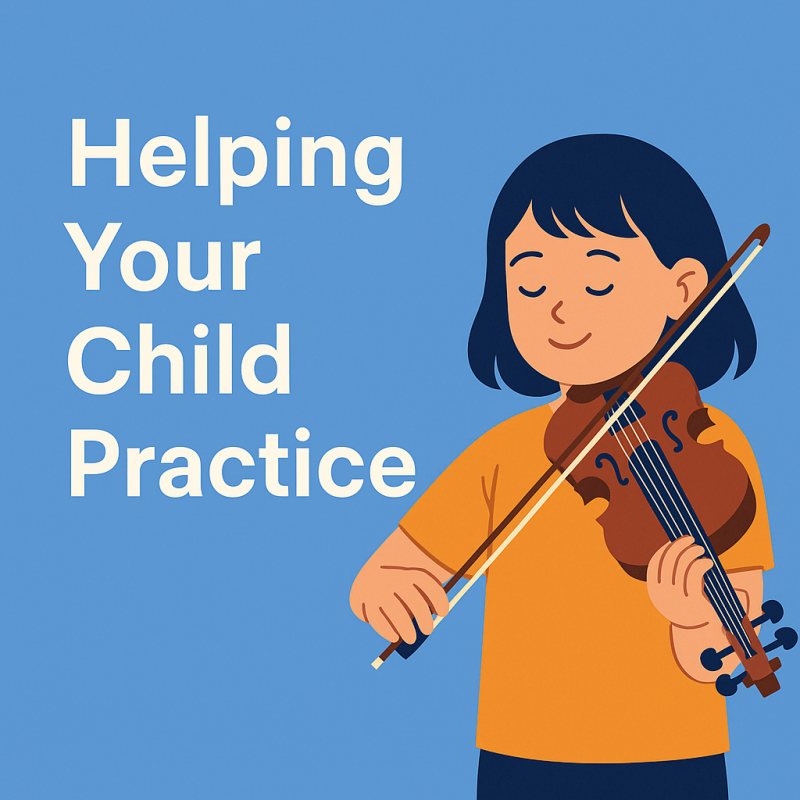
There are many teaching methods so why Suzuki? Honestly at first I didn’t have any reason other than that is what I knew. I spent years as a teacher going through other methods to find an all in one. There are several that are good and I have had success with them, but I found that without some sort of personalized touch to each student the rate of boredom and frustration is higher.
As a beginning teacher I spent time trying to come up with a better teaching method. Throughout the years I have spent time trying to come up with an all in one solution, but as I have worked with many students there is not a way to tailor a solution for all students. I have found that with the Suzuki method and a combination of other published and custom lesson plans that you can assist a student to learn as fast as efficiently as possible.
Parental Involvement
Students should not be forced to play an instrument, but with proper encouragement and rewards students can progress at astounding rates. If you have ever seen a child play a video game you will understand this. Defeating a foe, completing a mission or task involves receiving something that the player values. This is what makes video games so addictive. The same can be done with education and musical study. Setting goals with your student and working out a reward system can greatly increase the students learning potential.
When I was 10 years old my dad told me that when I was better at him at the guitar I could get an electric guitar. That was in October, I had my first electric guitar waiting for me under the tree for Christmas. That started a reward system that got me all of my first gear. It is an effective way for parents to encourage their student.
Early Education
Musical education begins before students even pick up an instrument. Music appreciation can start at birth, children should be exposed to all sorts of music when they are young. Studies have shown that exposure to music in their developing years will increase the ability for the brain to absorb new data and increase recollection.1
Listening
We learn to speak by hearing words repeated to us. We learn how to communicate before we ever learn the mechanics of sound or the alphabet. Listening to music everyday is important, students should be provided with recording of what the pieces they are learning should sound like. They should listen as part of practice.
For pieces that are in the Suzuki Book I will provide a recording of these. You can also find most of them on Youtube.
Muscle Memory
Practice and repetition is essential to truly learn and instrument. Proper technique must also be enforced or students will develop poor posture and habits that will make progression difficult.
Learning with Other Children
Part of the Suzuki Method is a focus on group classes. I do not teach group lessons as of now, however I like to have my students work with other musicians on one of their recital pieces, which may mean more lesson sessions. I usually do not charge for these extra sessions.
Graded Repertoire
The pieces in the Suzuki Method are designed to present the student with technical problems that they must learn to master through practice and repetition.
Competition
Like organized Sports Musicians compete for a wide array of things. Roman numeral grades are given out in festivals, awards such as scholarships are given to musicians, but the ultimate challenge for any musician is theirselves. Overcoming personal trials is a musicians ultimate competition. It is said that you can become a music master, but you can never master music, one will always grow if they keep working at it.
Sources:
- https://news.usc.edu/102681/childrens-brains-develop-faster-with-music-training/




